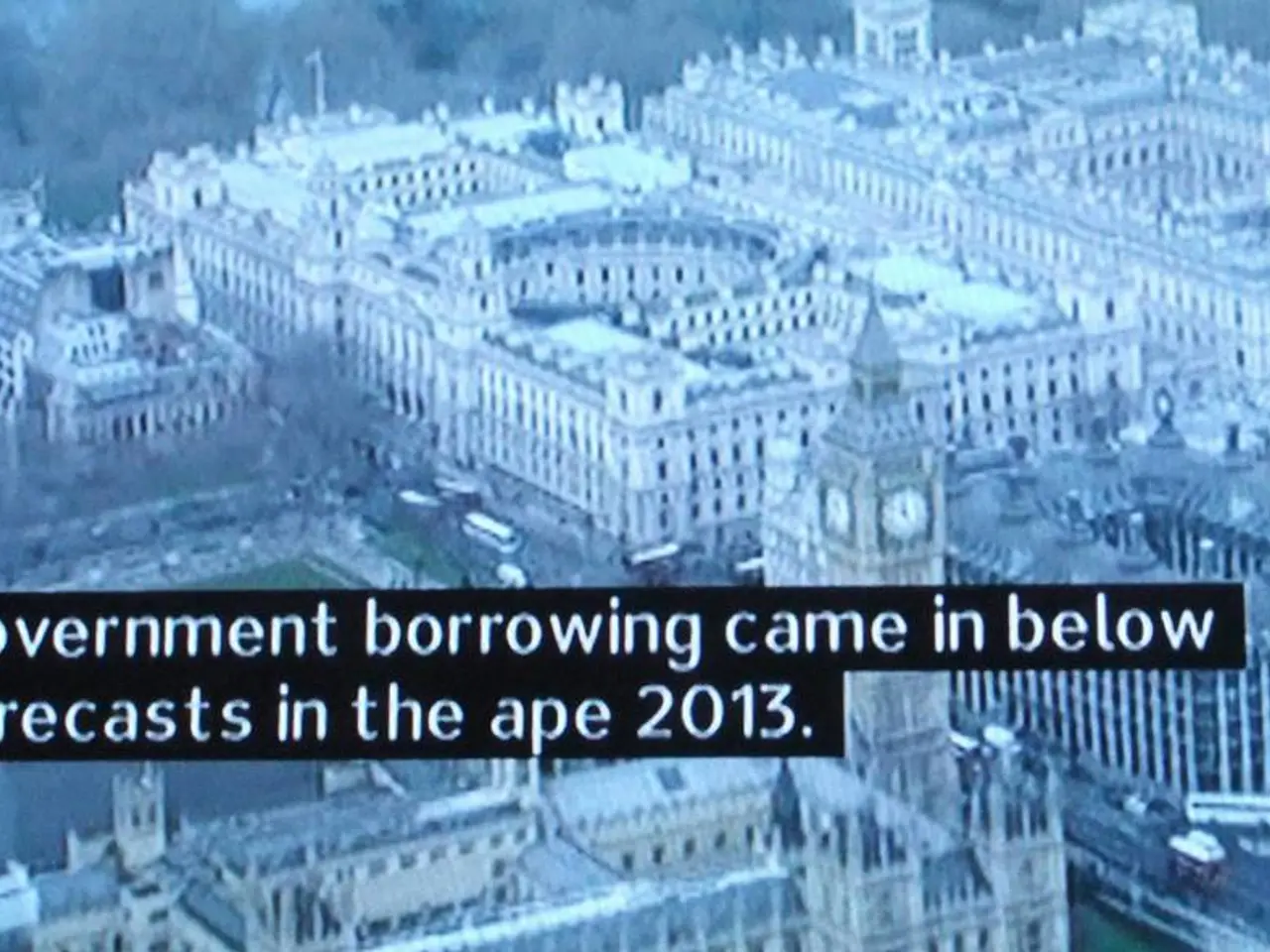Controversial Settlement Plan Sparks International Outcry
Minister on Israel's right-wing seeking West Bank annexation calls for immediate action - Minister advocates for annexation of West Bank by Israel
A contentious settlement plan proposed by Israeli right-wing ministers, including Finance Minister Bezalel Smotrich, has sparked a wave of international condemnation and concern over its potential impact on the future of the Palestinian territories.
The Proposed Settlement Plan
The plan, which involves constructing 3400 housing units as part of the E1 project, is set to be discussed next Wednesday in the Ministry of Defense. If approved, the construction could begin in about a year, potentially further dividing the Palestinian territory and undermining the viability of a contiguous Palestinian state.
Minister Smotrich's Remarks
In defense of the plan, Minister Smotrich stated that concrete facts, such as houses, neighborhoods, streets, and Jewish families building their lives, would be the answer to those who want to recognize a Palestinian state.
Palestinian Authority's Response
The Palestinian Authority's Ministry of Foreign Affairs has strongly condemned Smotrich's remarks regarding the settlement plan. The Palestinian Authority has also called for "international intervention and sanctions" to prevent the settlement project, fearing that it could lead to the de facto annexation of Palestinian territories.
Previous Settlements and International Protests
It is important to note that Israel has built dozens of settlements in the West Bank over the past decades, despite international protest. Around 500,000 Israelis live in settlements in the West Bank, alongside around three million Palestinians.
International Legal and Political Implications
The international community has responded with strong condemnation to these developments. Organizations like Al-Haq and UN Human Rights have emphasized the illegality of annexation under international law, citing principles such as Article 2(4) of the UN Charter and Article 47 of the Fourth Geneva Convention. The international community, including the United Nations and major countries, consistently views all Israeli settlements in the West Bank as illegal under international law.
The planned settlement expansions and annexation moves are seen as significant obstacles to achieving a two-state solution, which is crucial for peace in the region. Peace Now, an Israeli anti-settlement organization, has warned that implementing the settlement plan would be "fatal for the future of Israel and for any chance of a two-state solution."
In conclusion, the proposed settlement plan has ignited a storm of international criticism and concern. The international community views these actions as violations of international law and serious impediments to peace negotiations. The future of the Palestinian territories hangs in the balance as the world watches the developments unfold.
- The controversy surrounding the proposed settlement plan in EC countries, particularly in the Palestinian territories, extends beyond the region as it has sparked international criticism and concern, with organizations like Al-Haq and UN Human Rights emphasizing its illegality under international law, citing principles such as Article 2(4) of the UN Charter and Article 47 of the Fourth Geneva Convention.
- In the realm of politics and general news, the proposed settlement plan, involving the construction of 3400 housing units as part of the E1 project, is a significant obstacle to achieving a two-state solution, according to Peace Now, an Israeli anti-settlement organization, as such actions are seen as violations of international law and serious impediments to peace negotiations.








